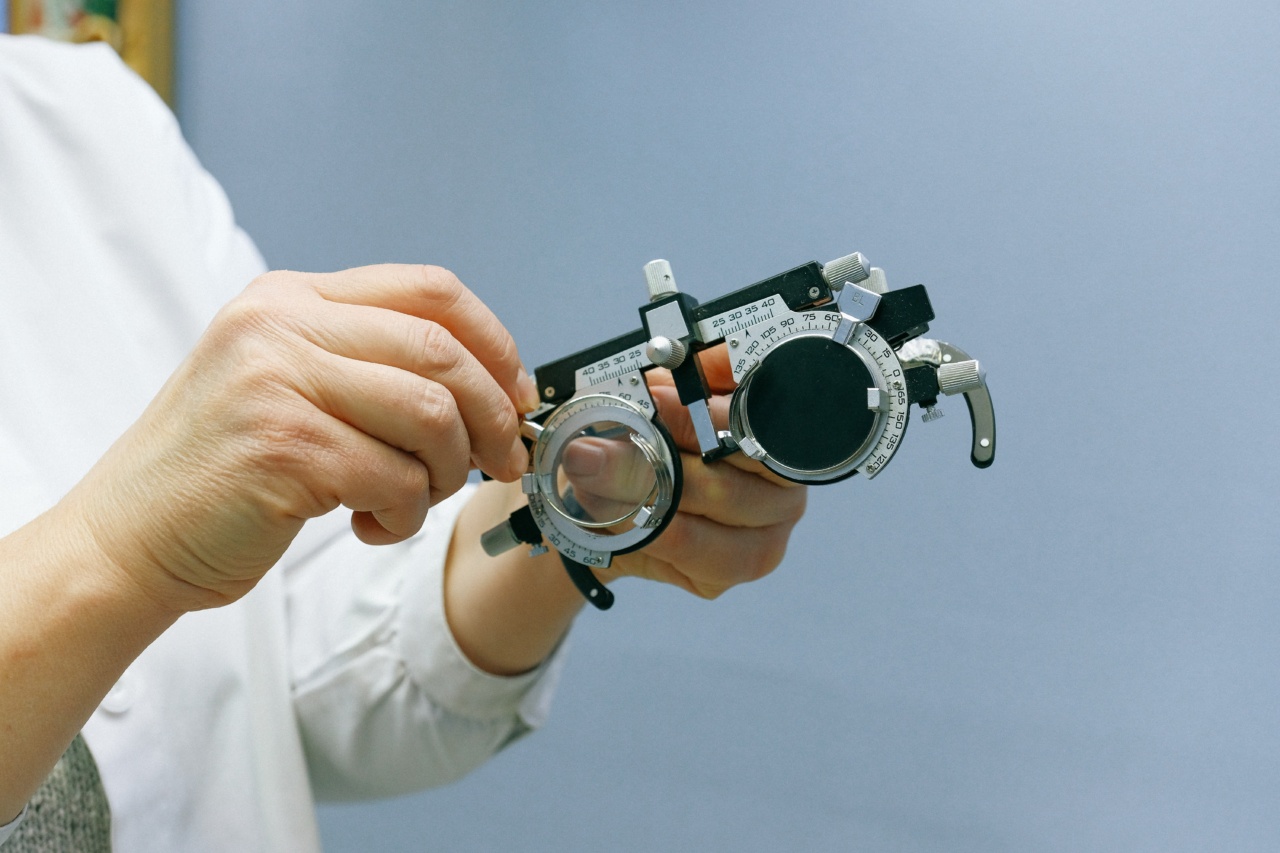Erection issues, also known as erectile dysfunction (ED), is a condition where a man is unable to achieve or maintain an erection firm enough for sexual intercourse.
While occasional difficulty in getting or keeping an erection is common and not a cause for concern, persistent problems in this area can be distressing and may indicate an underlying health issue. If you have been experiencing erection issues, it is essential to assess the potential causes and seek appropriate medical advice.
Causes of Erection Issues
Erection issues can arise for several reasons, both physical and psychological. Here are a few common causes:.
1. Physical Factors
– Cardiovascular disease: Conditions such as atherosclerosis, high blood pressure, and heart disease can affect blood flow to the penis.
– Diabetes: Elevated blood sugar levels can lead to nerve damage and poor blood flow, contributing to erection issues.
– Obesity: Being overweight or obese can increase the risk of developing health conditions, such as diabetes and heart disease, which are associated with erection issues.
– Hormonal imbalances: Low testosterone levels can impact a man’s ability to achieve an erection.
– Medications: Certain medications, including antidepressants, blood pressure drugs, and sedatives, can have side effects that interfere with erectile function.
– Smoking: Tobacco use can damage blood vessels and restrict blood flow, potentially leading to erection issues.
– Alcohol and substance abuse: Excessive alcohol consumption and drug abuse can disrupt hormone levels and affect sexual performance.
2. Psychological Factors
– Stress and anxiety: Mental health conditions and excessive stress can interfere with sexual arousal and performance.
– Depression: Feelings of sadness, hopelessness, and a lack of interest in activities can negatively impact libido and sexual function.
– Relationship issues: Difficulties within a partnership, unresolved conflicts, or communication problems can contribute to erection issues.
– Performance anxiety: Worrying about sexual performance and the fear of not being able to satisfy a partner can create stress and hinder erection.
– Previous traumatic experiences: Past sexual trauma or abuse can have long-lasting psychological effects that affect sexual function.
3. Age-related Factors
As men age, it is common for their erectile function to decline. However, age alone does not mean that erection issues are inevitable. Many older men maintain healthy sexual function well into their later years.
Nevertheless, age-related factors that can contribute to erection issues include:.
– Reduced blood flow: Blood vessels may become narrower and less responsive over time, restricting blood flow to the penis.
– Hormonal changes: Testosterone levels gradually decline with age, and lower levels can affect sexual desire and function.
– Other health conditions: Age increases the likelihood of developing medical conditions (such as diabetes and heart disease) that can contribute to erection issues.
When to Seek Medical Help?
If you are experiencing erection issues, it is essential to consult a healthcare professional. They can help determine the underlying cause and recommend appropriate treatments.
In some cases, erection issues may be a symptom of an underlying medical condition that requires attention. Additionally, discussing the problem with a healthcare provider can help alleviate anxiety and provide reassurance.
Treatment Options
The treatment for erection issues will depend on the underlying cause. Here are some commonly recommended treatments:.
1. Lifestyle and Behavioral Changes
– Exercise regularly: Regular exercise improves blood flow, boosts testosterone levels, and promotes overall physical and mental wellbeing.
– Maintain a healthy weight: Obesity can contribute to erection issues, so adopting a healthy diet and exercise routine can be beneficial.
– Quit smoking: Tobacco use damages blood vessels and can worsen erection problems, so quitting smoking can improve erectile function.
– Limit alcohol consumption: Excessive alcohol consumption can impair sexual function, so it is advisable to drink in moderation.
– Reduce stress: Stress can worsen erection issues, so developing relaxation techniques and managing stress levels can be helpful.
– Seek counseling: If psychological factors are contributing to the problem, therapy or counseling may be beneficial.
2. Medications
– Oral medications: Medications such as Sildenafil (Viagra), Tadalafil (Cialis), and Vardenafil (Levitra) are commonly prescribed to improve erectile function.
– Testosterone replacement therapy: If testosterone levels are low, hormone replacement therapy may be considered to restore normal levels.
3. Devices and Treatments
– Vacuum erection devices: These devices create a vacuum around the penis to draw blood into it, helping achieve an erection that can be maintained with a constriction band.
– Penile implants: Surgically implanted devices can provide an erection by inflating and deflating a fluid-filled reservoir.
– Shockwave therapy: This non-invasive treatment uses low-intensity soundwaves to improve blood flow and promote natural erectile function.
Conclusion
Erection issues can be a source of frustration and stress for men, but they are often treatable. By understanding the potential causes and seeking appropriate medical help, men can regain their sexual confidence and improve their overall wellbeing.
Remember, it is important to address erection issues promptly, as they may indicate underlying health conditions that require attention.































